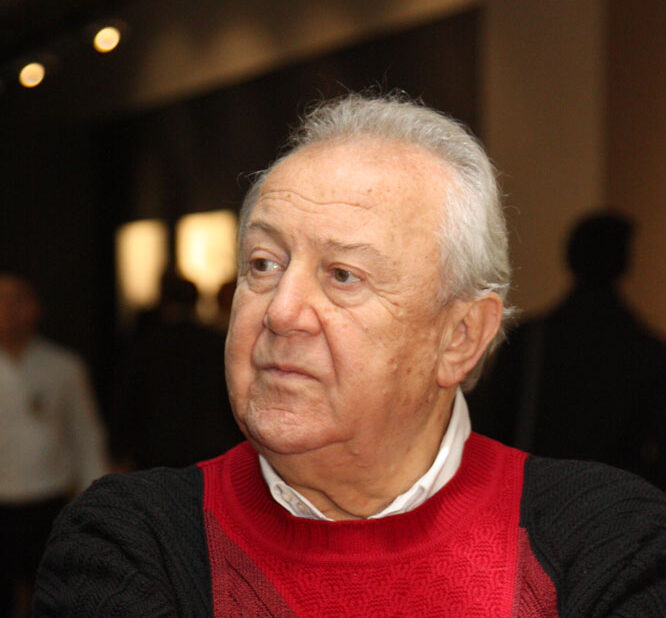Zurab Tsereteli, a celebrated Georgian-Russian sculptor known for his towering and often controversial monuments, passed away early Tuesday at the age of 92. His assistant, Sergei Shagulashvili, informed state news agency Tass that Tsereteli succumbed to cardiac arrest. Born on January 4, 1934, in Tbilisi, which was part of the Soviet Union at the time, Tsereteli became known for his colossal works of art that often sparked debate and divided public opinion.
In the 1970s, Tsereteli was appointed as an art director with the Soviet Foreign Ministry. This role saw him travel the world, decorating Soviet embassies and working on prestigious projects, including Mikhail Gorbachev’s summer house in Abkhazia. Significant milestones in Tsereteli’s career include the 1989 erection of a monument in London and another in front of the United Nations headquarters in New York in 1990.
Following the collapse of the Soviet Union in 1991, Tsereteli moved to Moscow, where he established a close working relationship with then-Mayor Yuri Luzhkov.
Tsereteli’s monumental legacy continues
This relationship facilitated many of his grand projects in the city.
Tsereteli’s distinctive style prompted much criticism over the years, both in Russia and abroad. Critics argued his pieces were too colossal and didn’t fit in the city’s architecture. One of his most controversial monuments was erected in 1997—a 98-meter-tall statue of Peter the Great standing on a disproportionately small ship located a block away from the Kremlin, which sparked protests from Muscovites.
Despite the sometimes frosty reception his works received, Tsereteli was widely respected throughout the art world and served as the president of the Russian Academy of Arts. His enormous constructions can be found in cities around the globe, including a monument to Christopher Columbus in Seville, Spain, and the Chronicle of Georgia monument in his hometown of Tbilisi. Tsereteli’s death marks the end of an era for monumental art, leaving behind a complex legacy and innumerable works across the globe.












